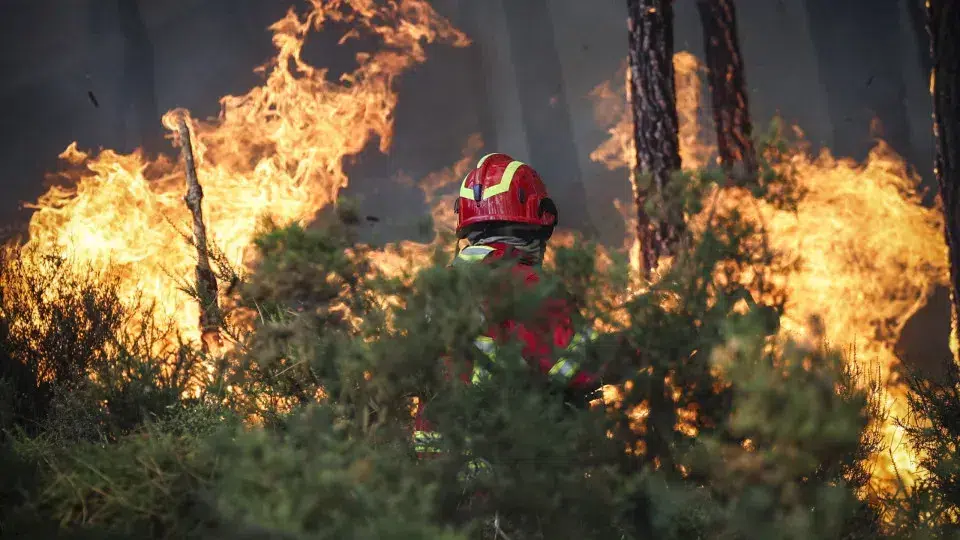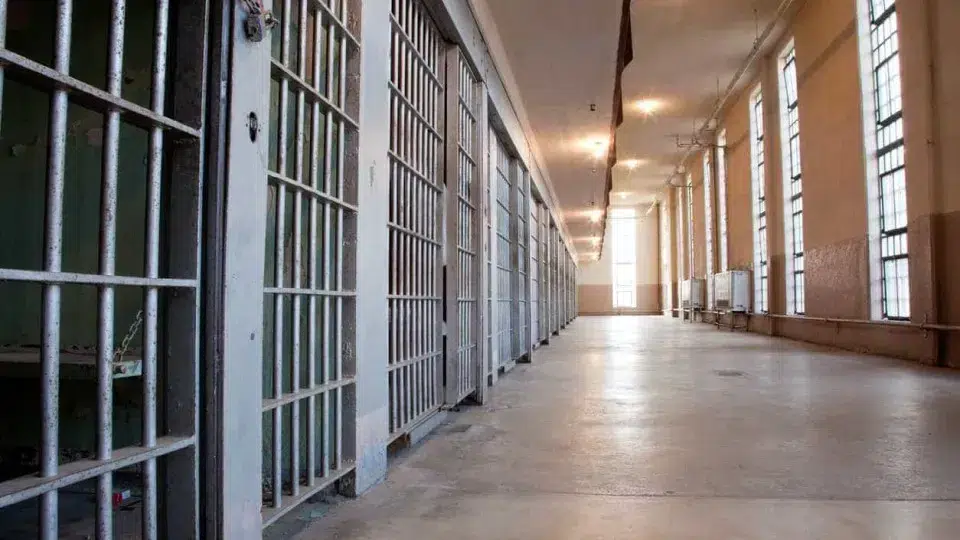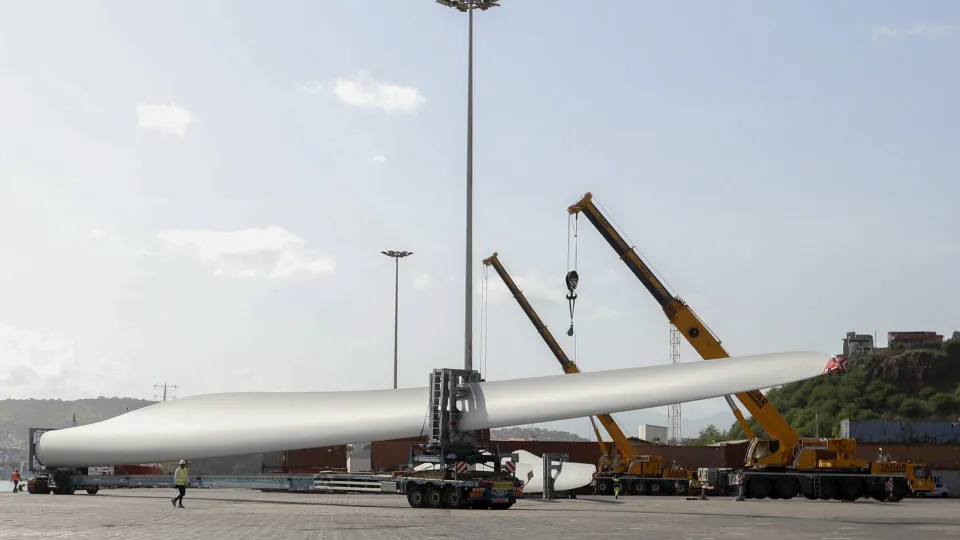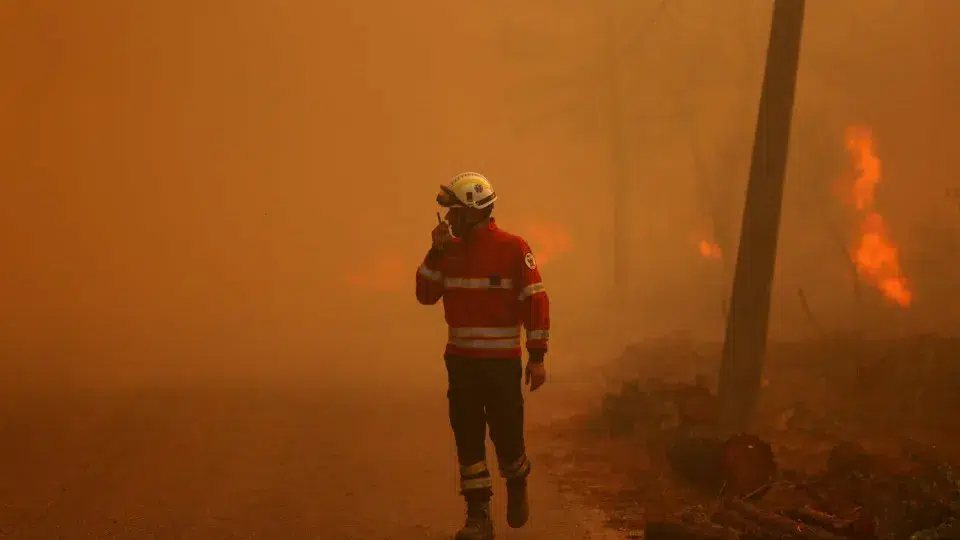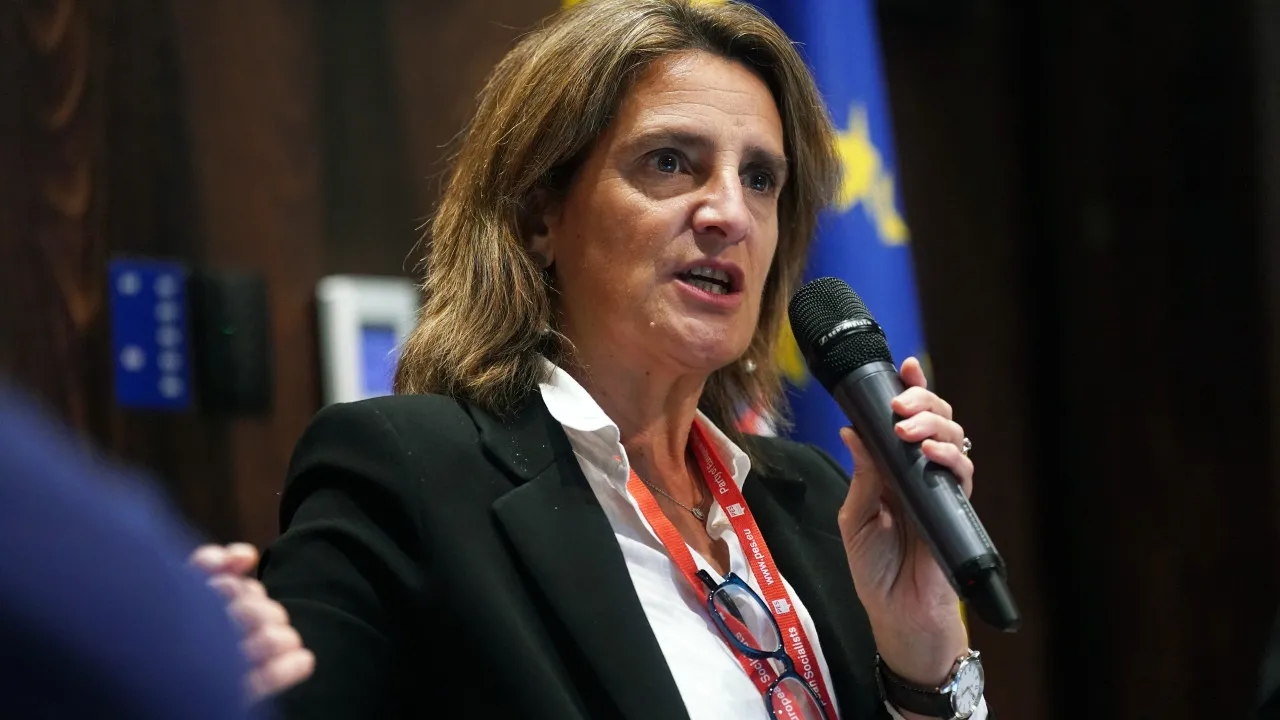
Vice-President Ribera, responsible for Clean, Fair, and Competitive Transition in the European Commission, is in Beijing to participate in the Sixth High-Level Dialogue on Environment and Climate between China and the EU.
During a press conference, she commented that “there is a belief that using cheap products” could be “beneficial for new decarbonization paths in the European market.”
However, she emphasized the importance of preventing “excess industrial capacity from affecting other locations,” criticizing Beijing’s industrial practices that the bloc has repeatedly highlighted over the years.
The Spanish leader also stressed the need to safeguard Europe’s open economy while ensuring transparency and predictability in the rule of law.
She considered the talks with Chinese authorities productive, noting that both Beijing and Brussels agreed on the need to align their economies with environmental agendas.
According to Ribera, there has been “substantial progress” in discussions on environmental matters with Chinese counterparts in areas like carbon emission markets, hydrological policies, circular economy, and wildlife protection.
Ribera stated that both Beijing and Brussels regard the Paris Agreement, from which Washington withdrew earlier this year, as an “adequate framework to tackle climate change.”
China, the world’s largest emitter of greenhouse gases, aims to achieve carbon neutrality by 2060 and reduce carbon dioxide emissions per GDP unit by at least 60% by 2030, compared to 2005 levels.
Despite these commitments, organizations like Greenpeace have urged China to establish a “clear timetable for phasing out coal.”
Though renewable energy sources like solar and wind power now account for a quarter of China’s energy production, Beijing has faced criticism for constructing new coal-fired power plants.

